Our bodies' cells perform thousands of reactions every day. For these reactions to take place correctly, we need sufficient vitamins and minerals. Whole foods provide many of these nutrients, especially vegetables, fruits, animal proteins, nuts, and seeds, most people simply don’t get enough in their diet. Even those who do get the recommended servings of vegetables and fruit may not achieve the levels of vitamins and minerals they once would have. Conventional and commercial farming methods and the chemical changes to food production in the last few decades have significantly changed the nutrient value of the produce we eat. That’s why a multivitamin is so important and one of the few core supplements every person in the population should be taking.
Low-level, chronic inflammation is the basis for most chronic diseases. One way we increase the level of inflammation in our bodies is through our diet. Many of the oils we consume, such as vegetable oils and fat from conventionally farmed animal proteins contain high amounts of omega-6 fatty acids, some of which contribute to inflammation. Because omega-3 fatty acids found in fish reduce inflammation and are harder to come by, their supplementation is recommended to maintain a healthy balance. Evidence shows that Omega-3 fatty acids are critical for a properly functioning metabolism.
All that said, supplements can be super shady. I recommend either taking high-quality pharmaceutical-grade supplements or taking none at all. This is simply due to the fact that most supplements aren’t approved by the FDA, so you could be doing your body a lot more harm than good by ingesting shady substances filled with potentially harmful ingredients. That’s why the products I recommend are only ones that are pharmaceutical-grade, which means they are regulated and third-party tested.
See the video for more information!
Coach Corey


